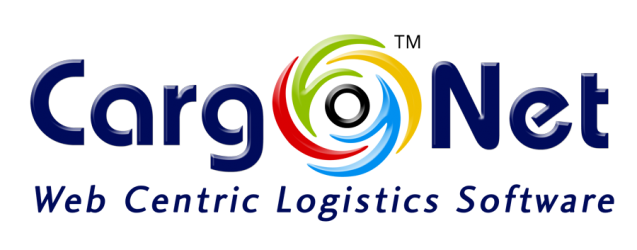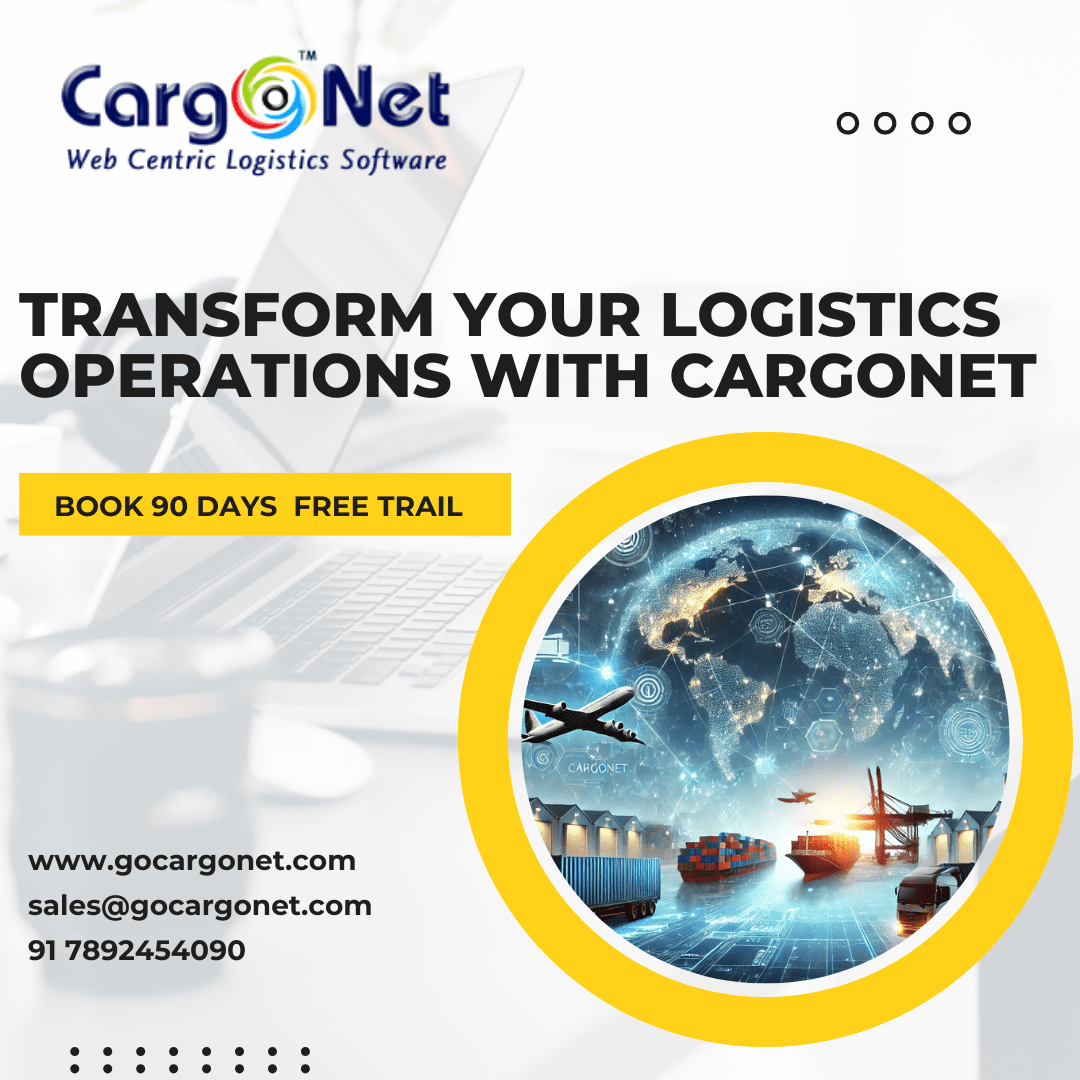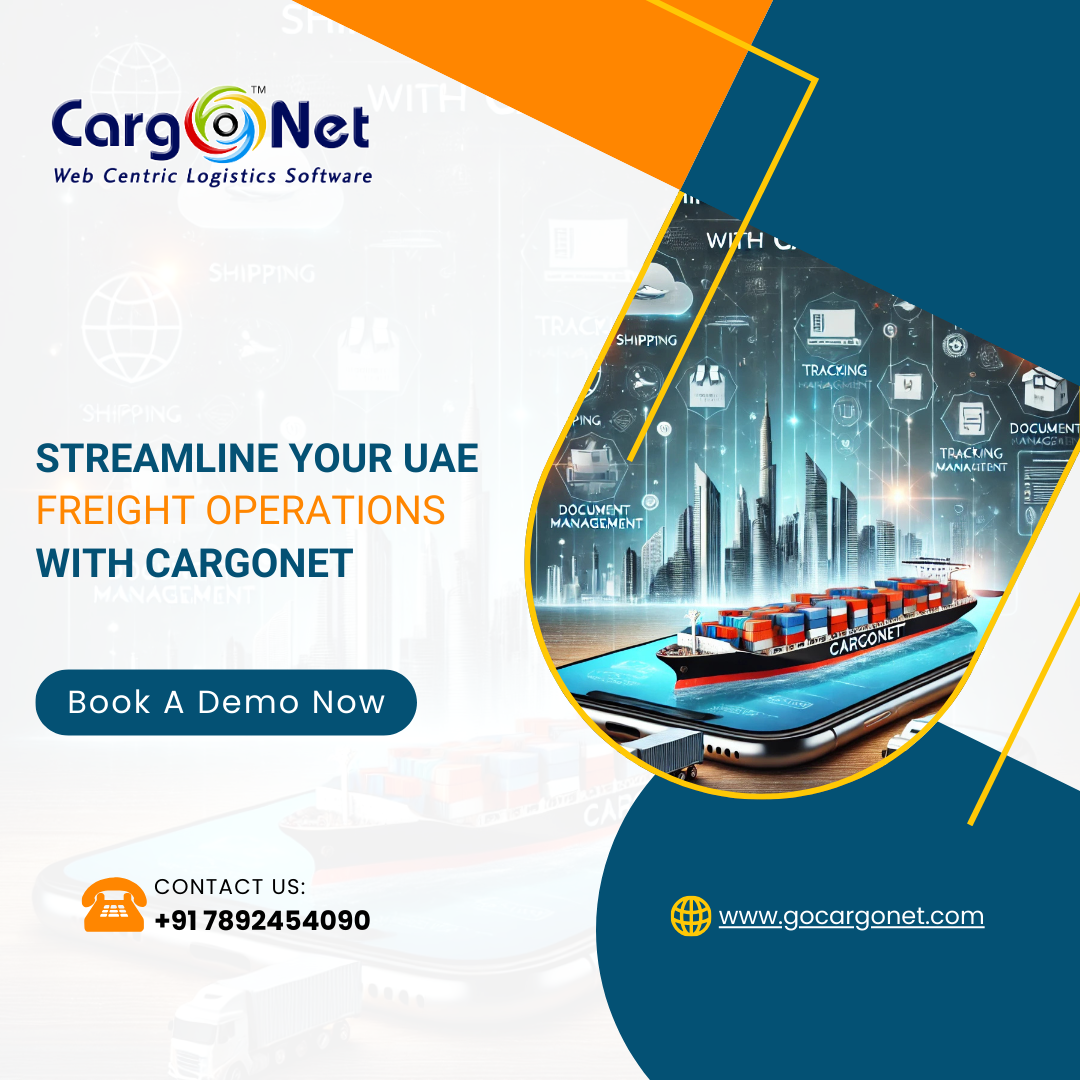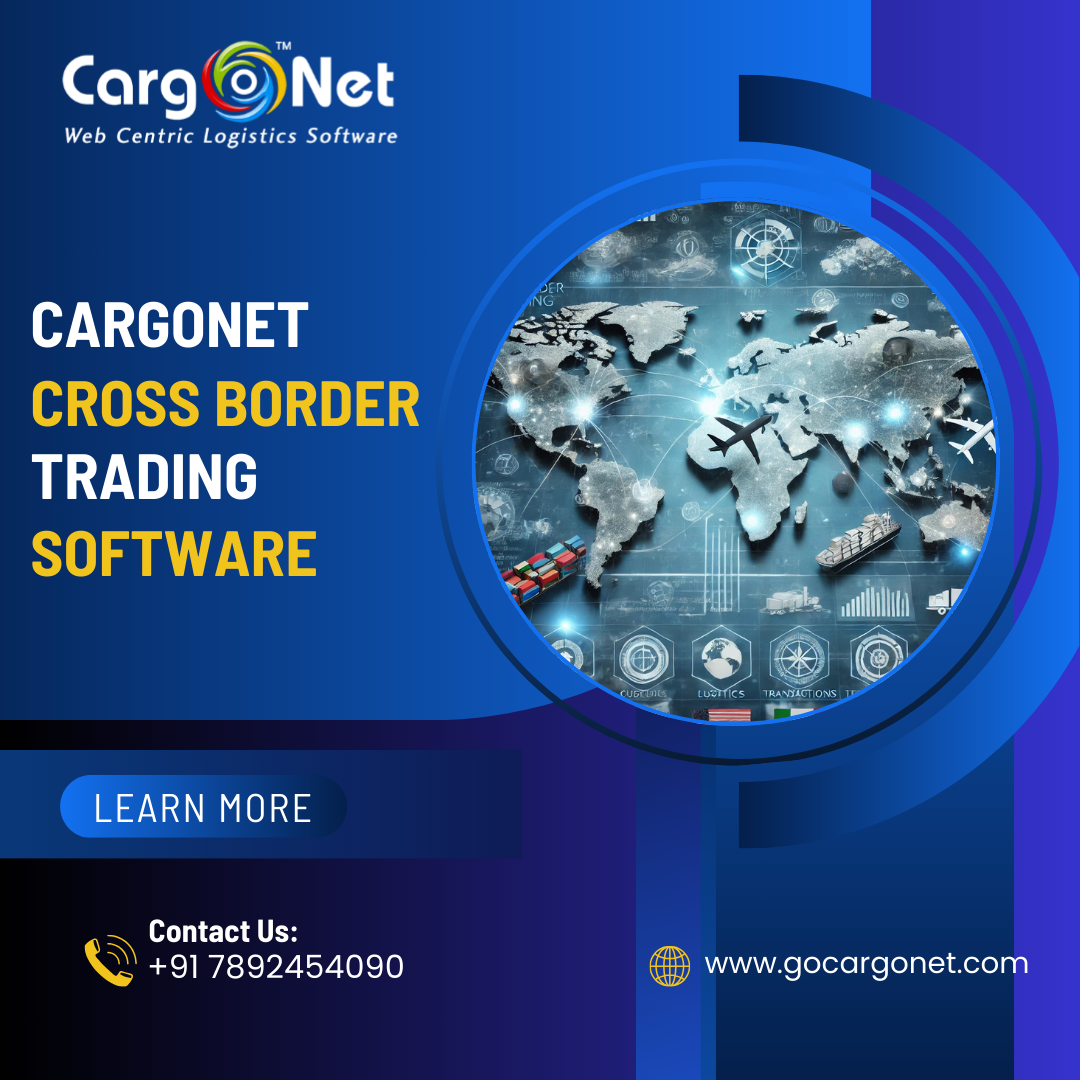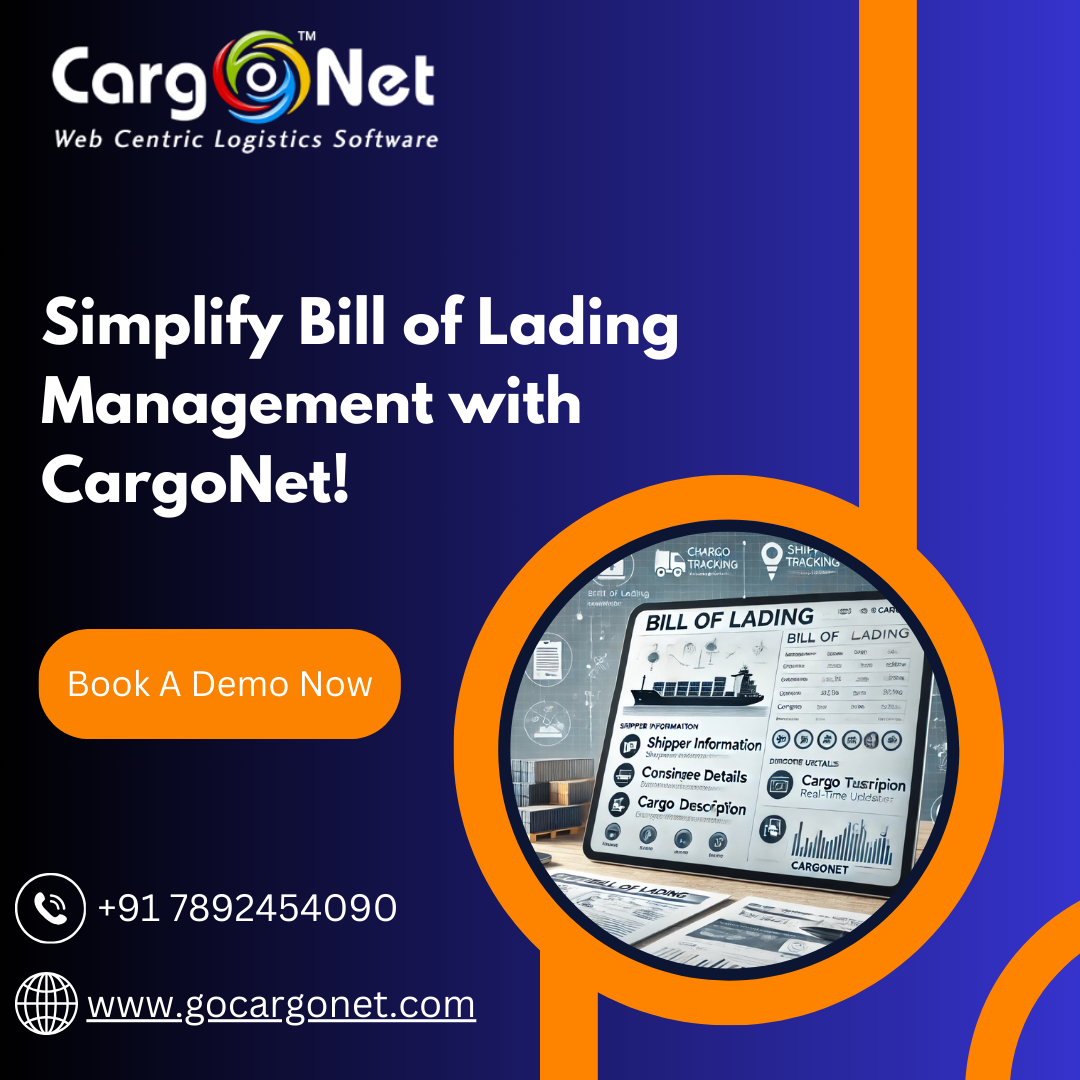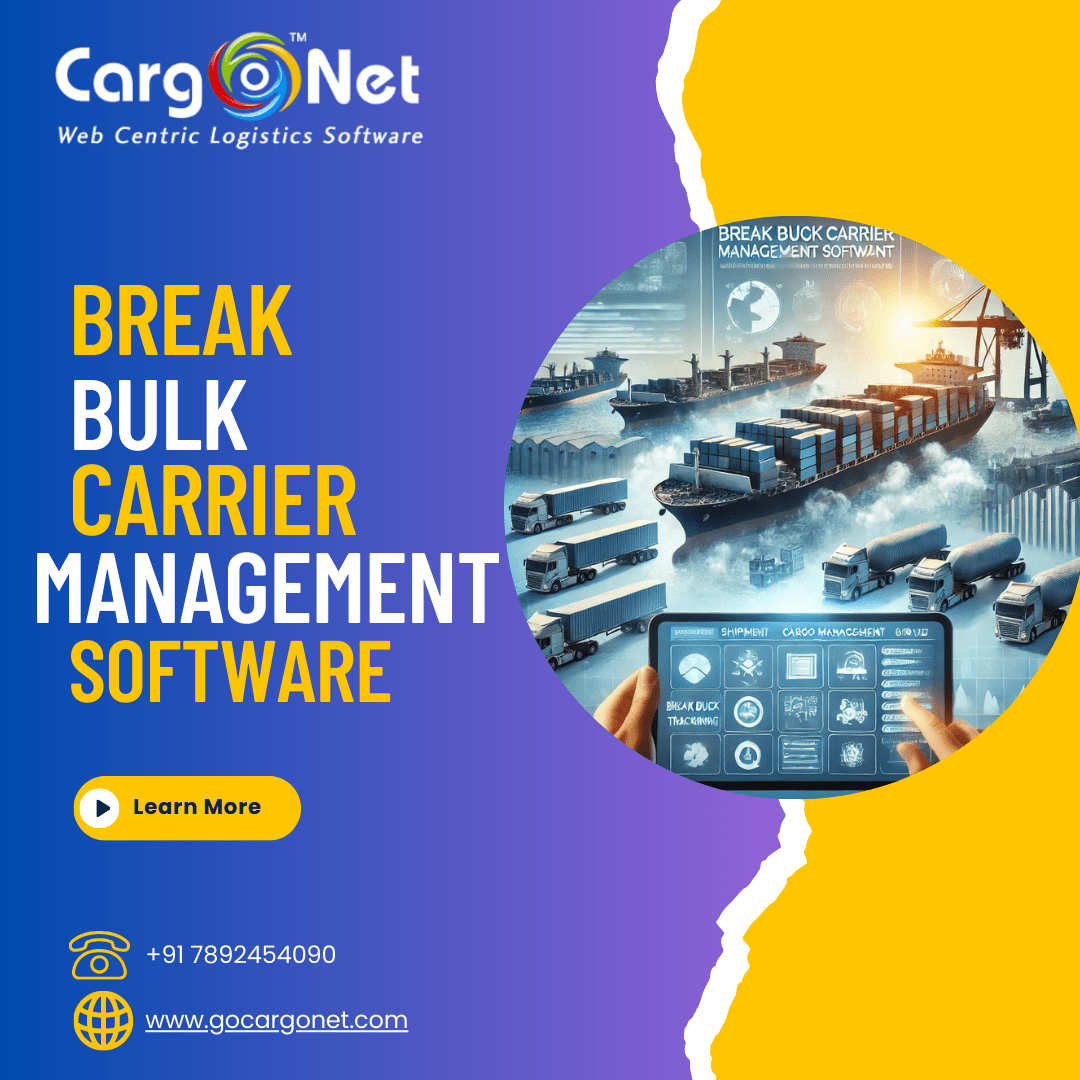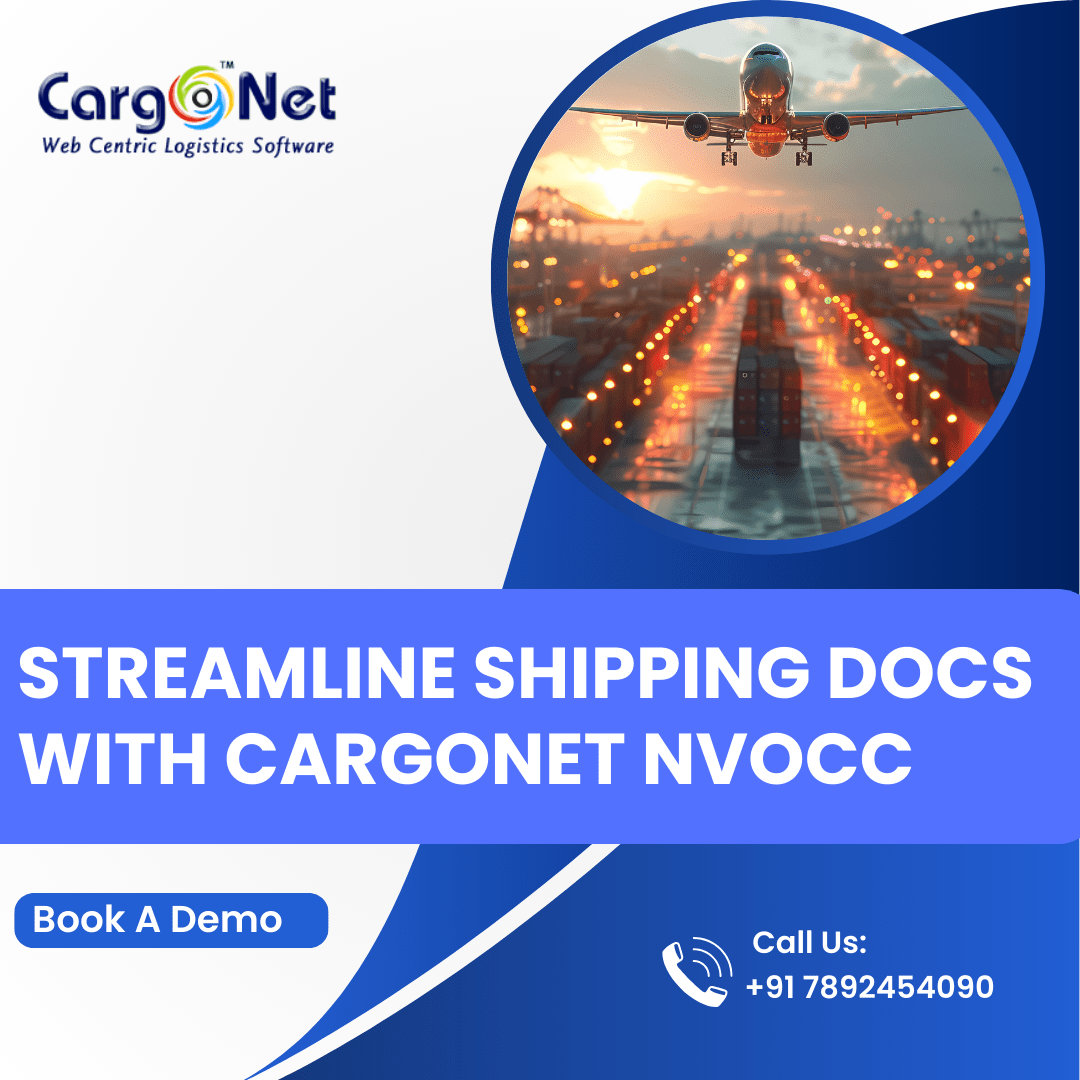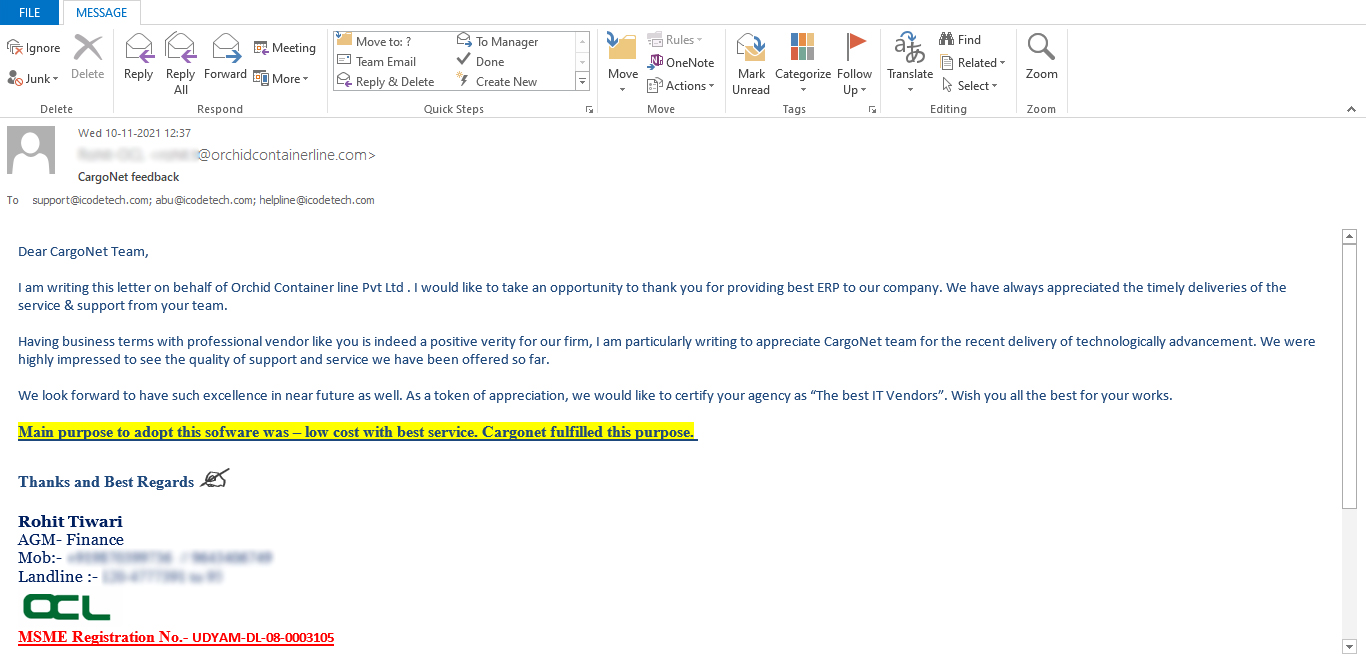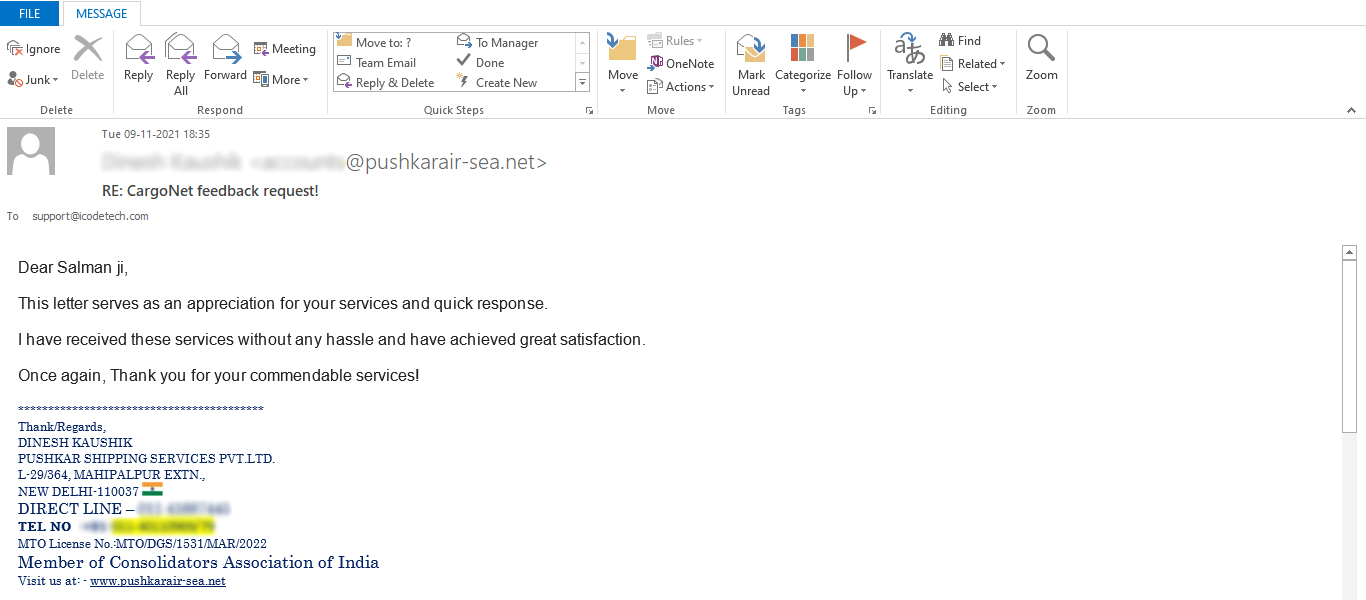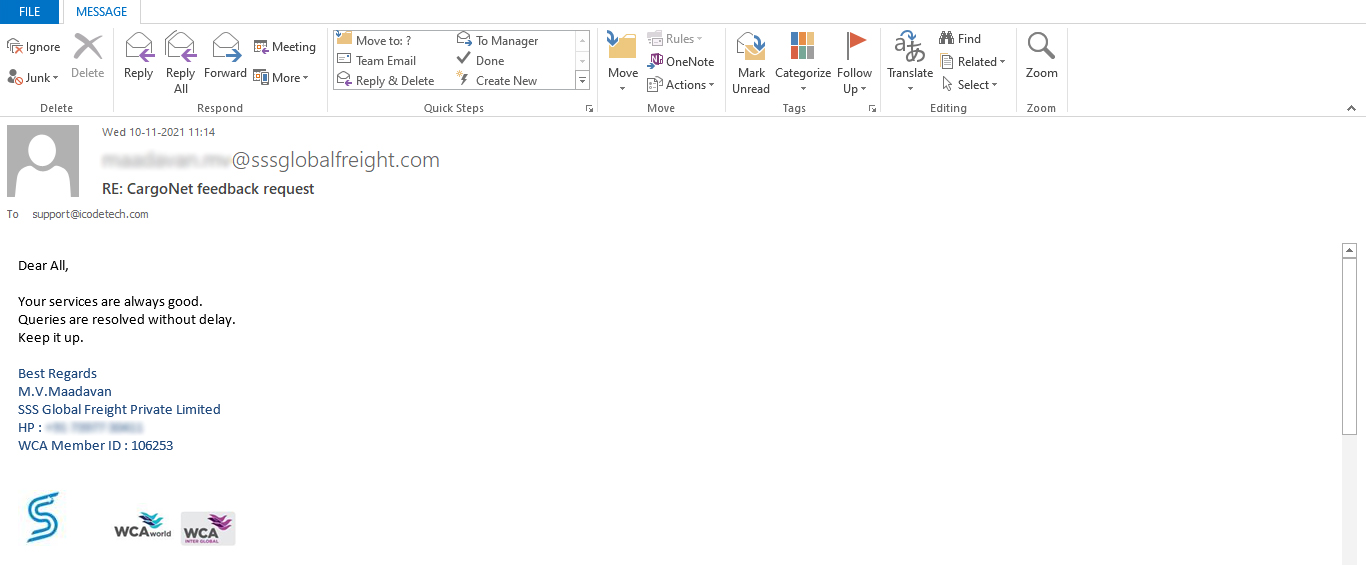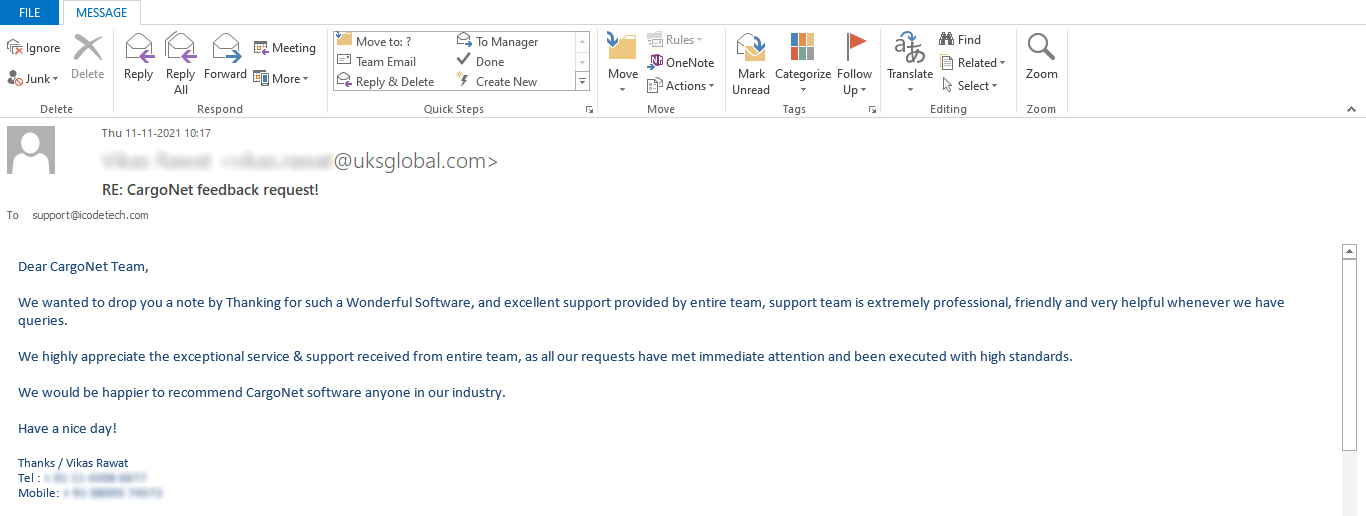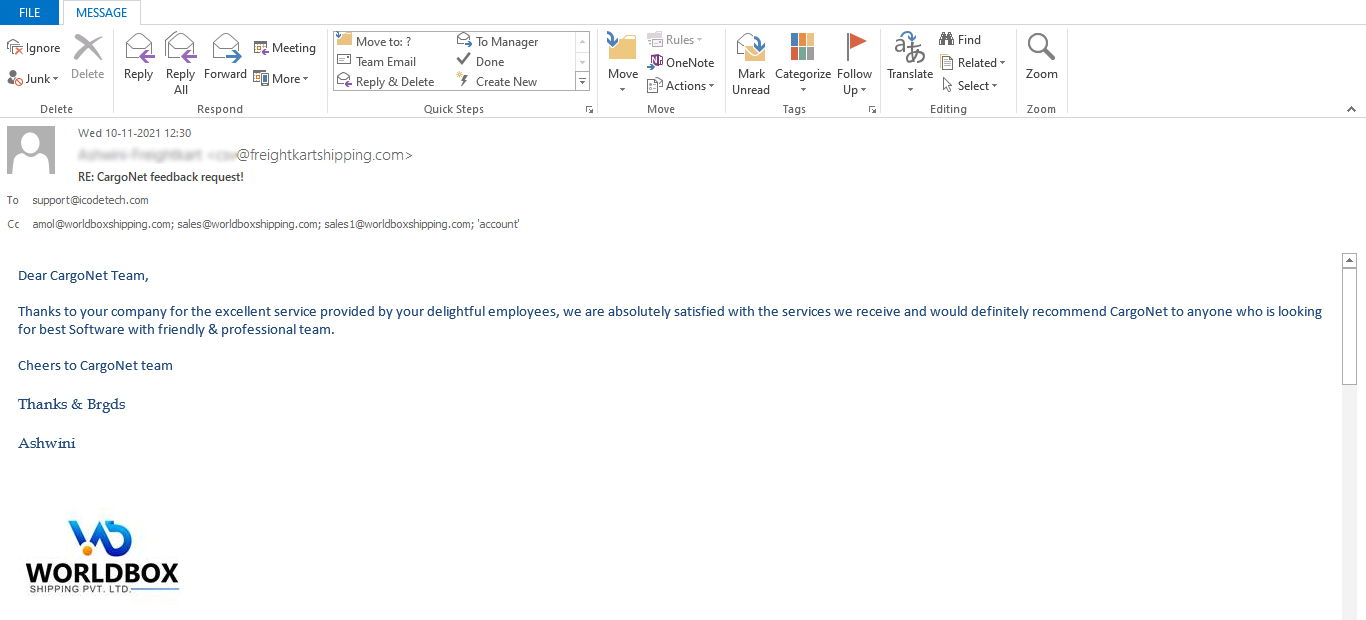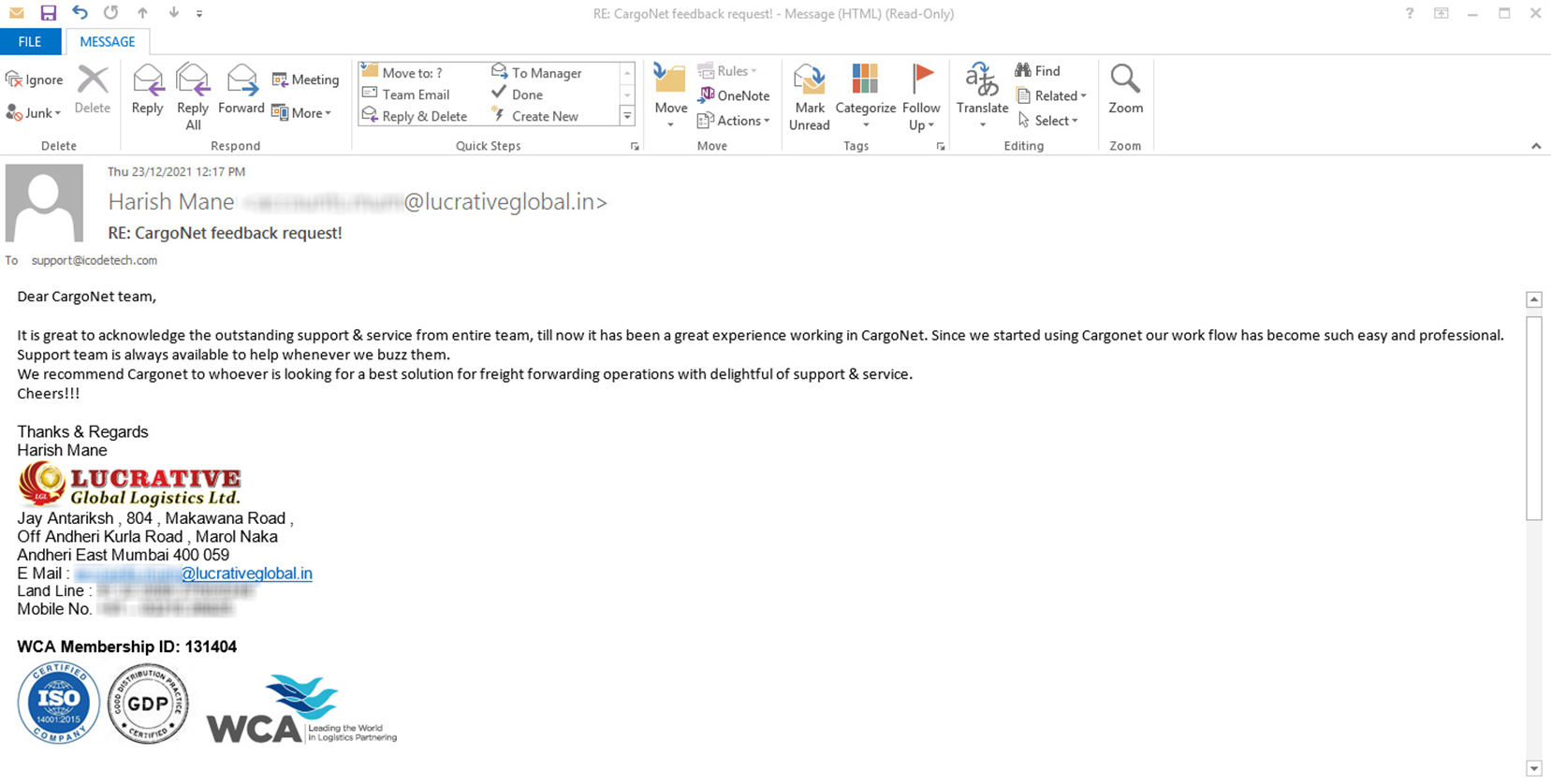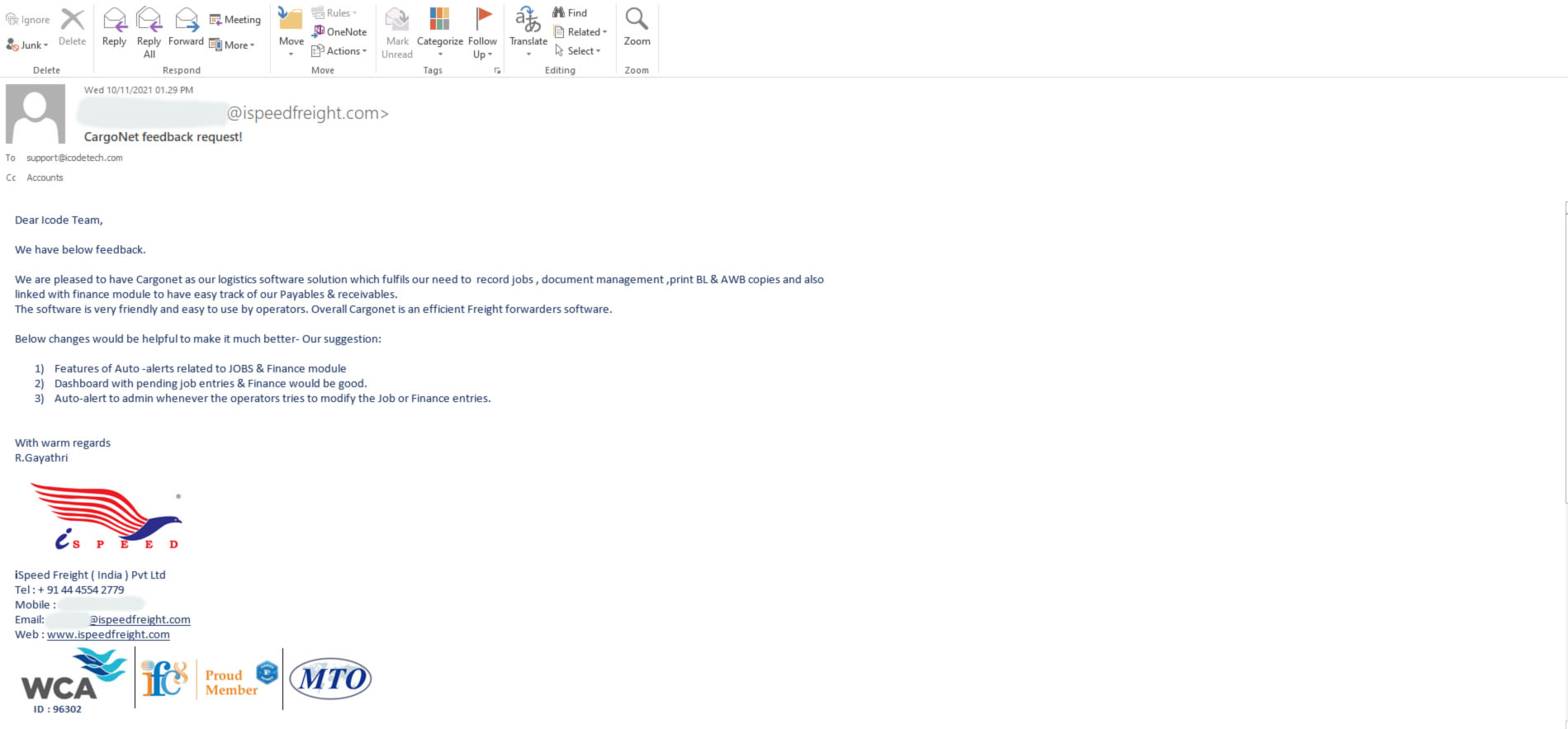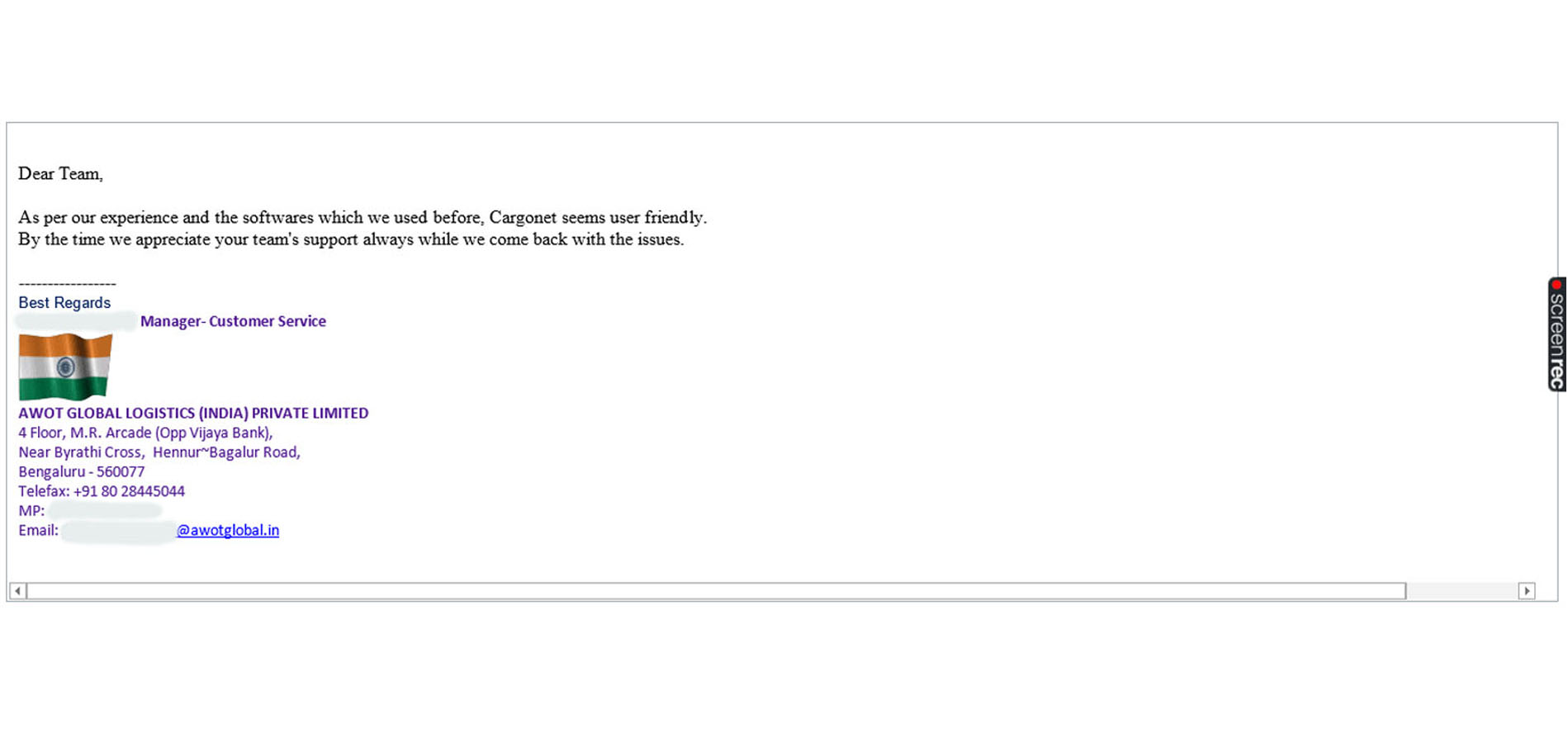In the fast-paced world of freight forwarding, managing accounts payable is a critical yet challenging task. Handling high volumes of invoices, managing multiple currencies, and adhering to stringent compliance requirements can overwhelm even the most efficient businesses. CargoNet’s Automated Freight Payment Solution, powered by Artificial Intelligence (AI), is revolutionizing this domain. By introducing automation and precision, CargoNet significantly reduces manual workloads, errors, and inefficiencies.
Streamline Freight Invoice Management with CargoNet
Manually managing freight invoices often leads to costly errors, delays, and disputes. Studies reveal that 25% of freight invoices contain discrepancies, which strain carrier relationships and result in missed financial opportunities. CargoNet’s Automated Freight Payment System addresses these challenges by automating invoice validation, approval, and payments. With AI-driven analytics and real-time data integration, CargoNet reduces invoice discrepancies by up to 80% and accelerates payment cycles by 50%, boosting cash flow and improving operational efficiency.
Common Challenges in Freight Payment
Traditional freight payment methods are riddled with inefficiencies:
- Manual Errors: Discrepancies between invoices and contracts lead to payment disputes.
- Delayed Payments: Slow processes harm carrier relationships.
- High Costs: Manual corrections and data entry increase operational expenses.
Businesses adopting CargoNet’s freight payment automation overcome these issues efficiently and effectively.
Features of CargoNet’s Automated Freight Payment Solution
Simplified Freight Payment Terms
Complex payment terms often delay processes. CargoNet standardizes payment terms across all transactions, ensuring clarity and consistency. This reduces miscommunication and expedites approvals.
Third-Party Audit and Payment Integration
CargoNet seamlessly integrates with third-party auditors and payment providers. By matching invoices with shipment data and contracts, it ensures accuracy and eliminates errors. Outsourcing audits allows businesses to focus on core operations without compromising precision.
EDI/API Technology for Automation
CargoNet leverages Electronic Data Interchange (EDI) and API integrations to automate invoice processing and eliminate manual data entry.
Benefits of EDI/API Automation:
- Faster payment cycles.
- Error-free invoice generation.
- Real-time updates for stakeholders.
AI-Powered Freight Invoice Analytics
CargoNet’s AI tools offer actionable insights into payment trends, cost predictions, and anomaly detection.
What AI Offers:
- Smarter payment strategies.
- Early detection of invoice discrepancies.
- Real-time decision-making with actionable data.
Instant Freight Invoice Payment
CargoNet ensures quick processing for verified invoices, enabling instant payments to carriers.
Why Instant Payments Are Crucial:
- Strengthens carrier partnerships.
- Reduces disputes and delays.
- Unlocks early-payment discounts.
Faster Invoice Processing with AI
AI tools within CargoNet can read invoices, match them with purchase orders, and verify details automatically. This minimizes manual data entry and expedites the entire process.
Preventing Fraud
CargoNet’s AI detects unusual patterns in transactions and flags potential fraud in real time, safeguarding businesses against unauthorized payments.
Lower Costs
AI-powered analytics within CargoNet suggest optimal payment schedules to avoid late fees and capitalize on early-payment discounts.
Compliance Made Simple
CargoNet ensures payments comply with local and international tax regulations, which is critical for global freight operations.
Smarter Insights
CargoNet provides detailed reports and insights into spending patterns, empowering businesses to make informed financial decisions.
How Freight Forwarders Use AI with CargoNet
AI integrated into CargoNet is transforming accounts payable in several key ways:
- Cross-Border Payments: Simplifies managing different currencies and tax systems.
- Automated Approval Processes: Speeds up workflows from invoice approval to final payment.
- Vendor Performance Tracking: Helps assess vendor reliability and manage payment relationships effectively.
The Benefits of Choosing CargoNet for Freight Payment Automation
CargoNet offers advantages for freight payment automation:
- Accuracy: Eliminate manual errors and mismatches.
- Efficiency: Save time by automating repetitive tasks.
- Cost Savings: Reduce operational expenses through streamlined processes.
- Scalability: Easily handle high payment volumes.
- Carrier Trust: Build stronger relationships with timely and accurate payments.
Why CargoNet Is the Ideal Freight Payment Solution
CargoNet is a comprehensive logistics payment system designed to simplify workflows and optimize financial management. Combining advanced features such as EDI, API, and AI analytics, CargoNet empowers businesses to manage payments efficiently while enhancing carrier satisfaction.
Get Started with CargoNet Today
Don’t let outdated payment processes slow your logistics operations. Automate your freight payments with CargoNet and enjoy faster, error-free transactions.
👉 Contact us today to schedule a demo and revolutionize your freight payment management!

